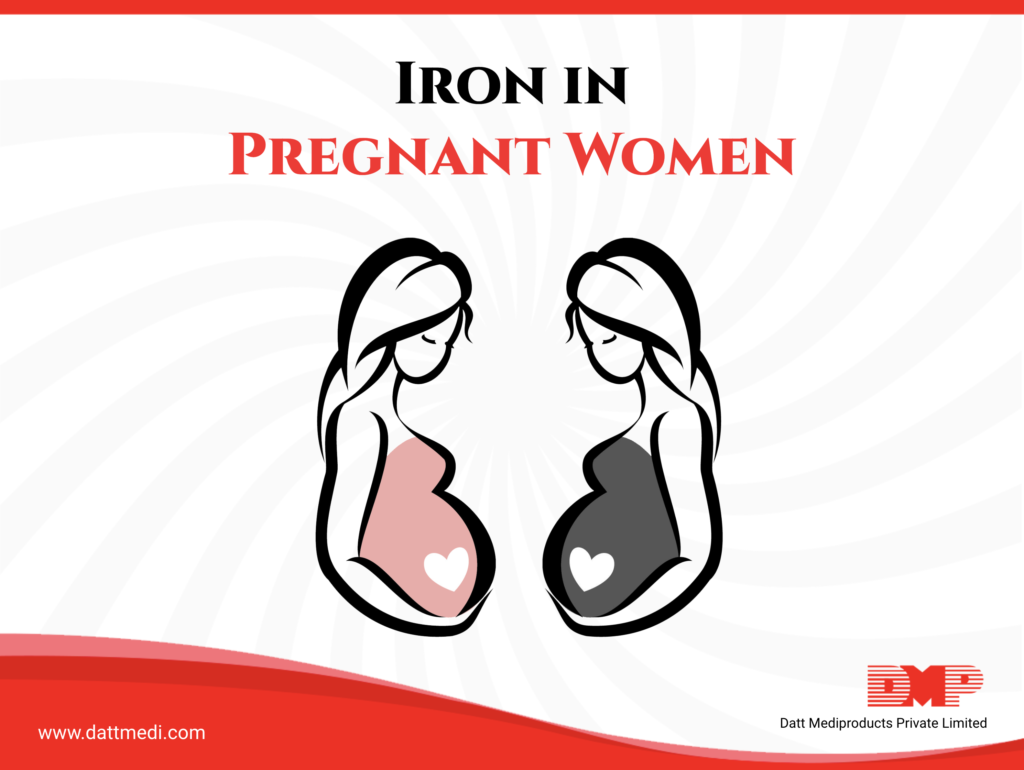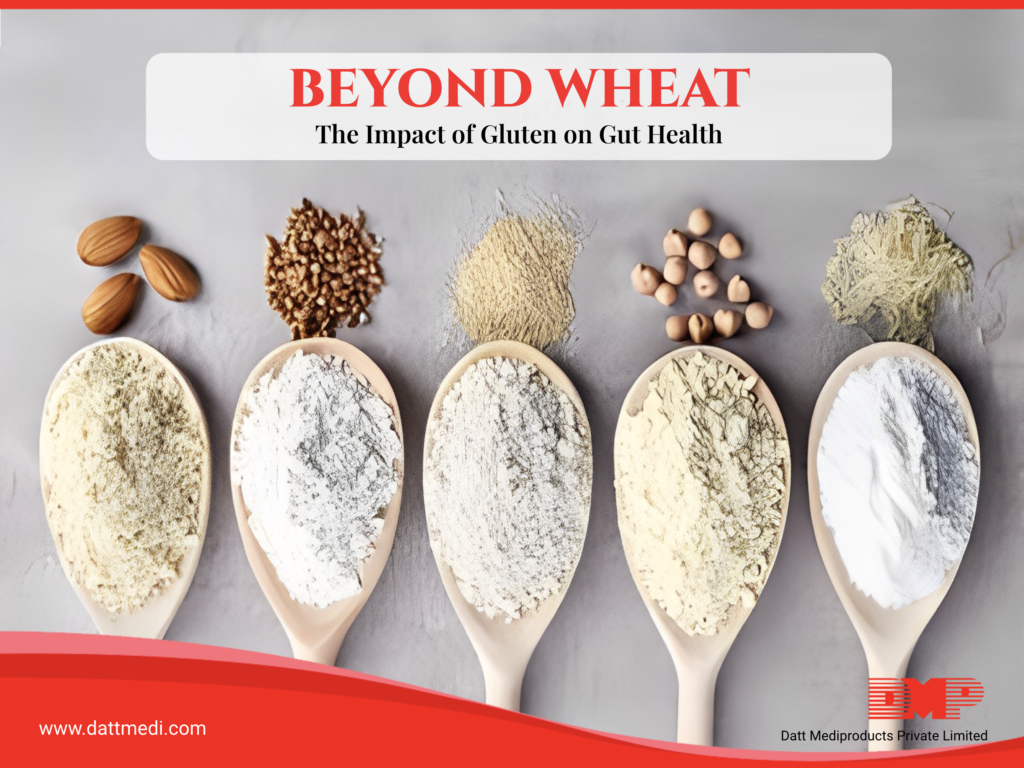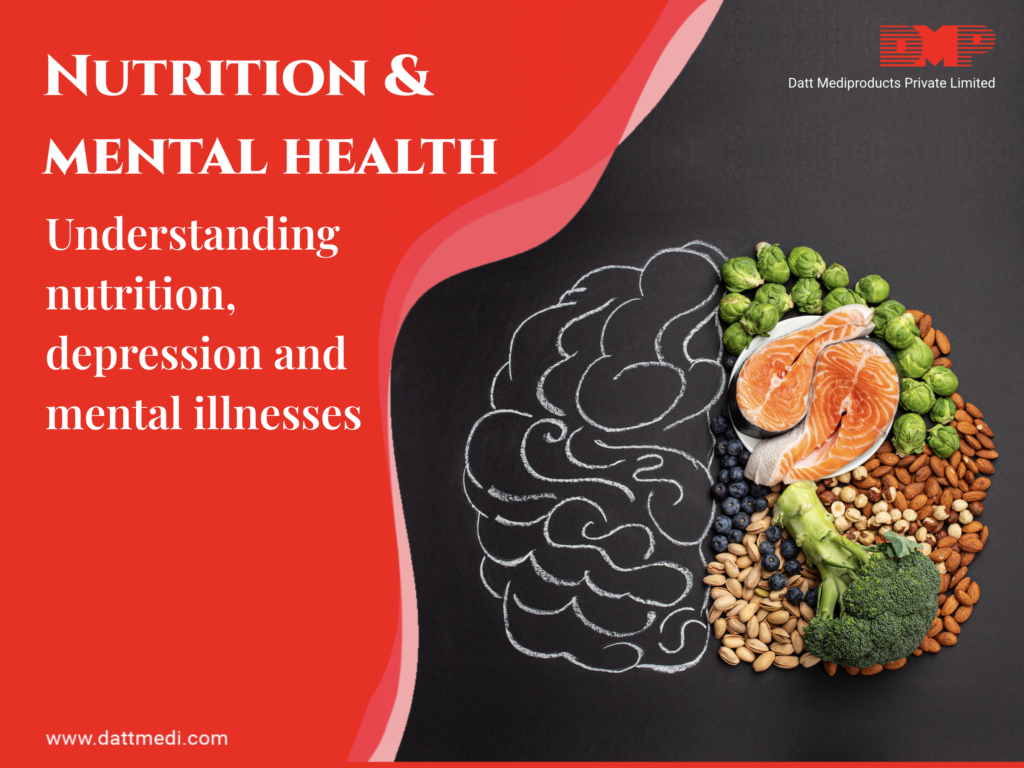
Iron deficiency is the leading nutritional deficiency around the world, with a huge impact on global health. As per the World Health Organization (WHO), it is estimated that 41.8% of pregnant women worldwide are aneamic.
At least half of this anemia burden is assumed to be due to iron deficiency. Iron Deficiency Anaemia (IDA) is now a raging issue in developing nations, that needs to be acted upon immediately.
Iron has multiple functions in our body:
● Carries oxygen
● Creates energy and assists in cell metabolism
● Helps in supporting a healthy immune system, thus preventing infection
● Assists with brain development
● Enhances cognition
● Helps in concentration and mental performance
Iron also impacts the social behaviour of toddlers and children. Iron deficiency in our body gradually leads to aneamia and low levels of iron in the red blood cells.
Let’s find out why Iron is important during pregnancy:
Iron forms Hemeoglobin (Heme + Globin), a protein which carries oxygen and transports it to the cells, tissues, and organs in our body. Most of the iron in our body is found in Hemoglobin present in RBCs.
A pregnant woman needs twice the amount of iron as needed by a non-pregnant woman. This is because a mother’s body needs iron to make blood, to supply to the growing fetus (baby). If the mother’s body lacks enough iron stores or doesn’t get enough iron through her diet, there is an increased risk of developing IRON DEFICIENCY ANEMIA (IDA). In this case, a mother will not have enough healthy Red Blood Cells (RBCs) to carry adequate oxygen to the fetus.
How to spot Iron Deficiency:
There are number of symptoms to spot Iron Deficiency and some of them are:
o Fatigue/ Lack of energy
o Weakness
o Pale or yellowish skin
o Irregular heartbeat
o Shortness of breath
o Dizziness or Lightheadedness
o Chest pain
o Cold hands and feet
o Headache
IDA symptoms are often overlooked and clubbed as general pregnancy symptoms. For this reason, a pregnant lady needs to have blood screening tests at regular intervals (as recommended by the physician). As per WHO Guidelines, the Hb threshold in 1st & 3rd trimester for diagnosing anemia is 11.0 g/dL; in the 2nd trimester, the threshold is 10.5 g/dL.
Being mindful of your diet when pregnant is the first step towards avoiding iron deficiency. If, for whatever reason, you have a restricted diet, or are struggling to eat due to morning sickness, it is recommended to talk to your Doctor or a dietitian early on, so they can advise you on any supplement or special foods you may need to stay healthy.
Focusing on iron-rich foods is important, and especially the “haem” type of iron that is found in red meat, chicken liver, and fish. This type of iron is absorbed much more readily from the gut than the “non-haem” iron found in vegetables, fruit, legumes, cereals, and eggs.
However, a woman who has adequate iron levels need not take iron supplements as there will be no additional health benefits for them or their child. Dietary iron is sufficient for them. Too much iron can also be unhealthy. Few of the side effects due to higher dose iron supplements may include, in particular, gastrointestinal (stomach and bowel) problems like constipation, nausea, vomiting, and diarrhea.
How can iron deficiency affect you and your baby?
Let’s check out some of the consequences of iron deficiency during pregnancy.
● Increases your risk of premature birth (Preterm birth)
● Low birth weight
● Puerperal sepsis
● Postpartum depression
● Weakened mother’s immune system
● Some studies also show an increased risk of infant death immediately before or after birth.
Maternal iron deficiency and iron deficiency anemia during pregnancy is one of the leading causes of anemia in infants and young children. This may be due to the lower levels of iron stores persisting for up to a year. Breastfeeding cannot be protective if the mother is iron deficient. Iron levels should be carefully monitored and supplemented in high-risk infants as the iron levels in breast milk fall as lactation progresses over time.
Anemia can be asymptomatic also. Hence, it should be diagnosed and treated promptly to avoid long-term consequences. IDA in infants and young children can lead to development difficulties involving cognitive functioning, socio-emotional, and adaptive functions. Delays in language and motor development have also been documented. Iron has direct roles in neural metabolism and functioning and IDA can lead to changes in neural metabolism resulting in defects in neurotransmitter function and myelination.
Pregnancy is a time when your body is going through a lot of changes, so it’s understandable to feel tired or lethargic. You should visit your doctor and get your test done regularly to safeguard your and your babies health. One of the best ways to ensure you get enough iron is to eat a diet that is packed with green, leafy vegetables.
Tip: Taking your iron tablet along with an acidic drink, for example, orange juice, will help with faster and better absorption of the iron supplement




